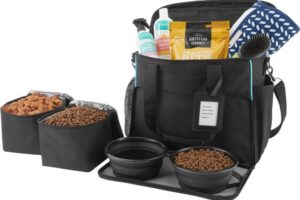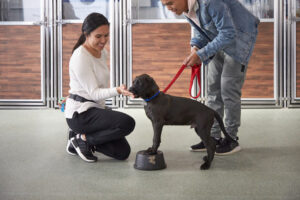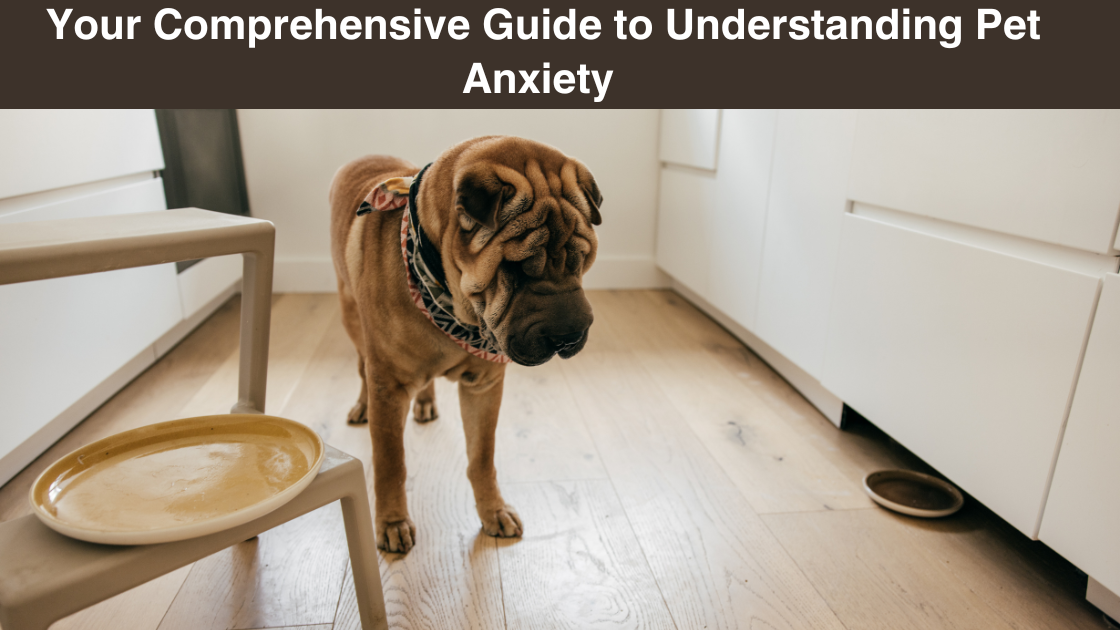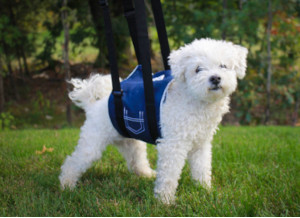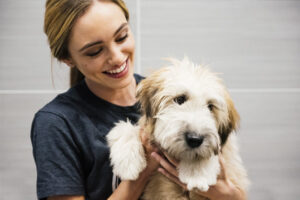Choosing the right dog breed is a significant decision that should be made after careful consideration of various factors. You are choosing a non-human family member as a dog.
Table of Contents
Introduction
Your pet should be chosen according to your home and lifestyle. There are many aspects you need to vet to find the best furry companion for your home and family.
Major Aspects of Choosing a Dog Breed
Every dog breed is distinct. They have their own set of physical characteristics, temperaments, and habitats. You need to determine and pick the best one according to your suitability. Here are the major aspects to consider while choosing a dog breed as a pet:

Lifestyle Compatibility
Assess your lifestyle and activity level. Different breeds have different exercise needs. Some breeds require vigorous daily exercise, while others are content with moderate or minimal activity. Consider whether you’re an active person who enjoys outdoor activities or if you prefer a more relaxed lifestyle.

Living Space
Consider the size of your living space. Larger breeds may not be suitable for small apartments, while smaller breeds might do well in compact spaces. Additionally, some breeds are more adaptable to apartment living than others.

Allergies
If you or someone in your household has allergies, opt for hypoallergenic breeds that shed less dander, such as Poodles, Bichon Frises, or Portuguese Water Dogs. Keep in mind that no dog breed is entirely hypoallergenic, but some are less likely to trigger allergic reactions.

Time and Commitment
Different breeds have varied needs for grooming, training, and companionship. Consider the time and effort you’re willing to invest in grooming, training, and spending quality time with your pet. Some breeds require more attention and interaction, while others are more independent.

Temperament and Personality
Each breed has its own temperament and personality traits. Some breeds are known for being good with children, while others might be better suited for single individuals or seniors. Research breeds’ characteristics to find one that matches your personality and preferences.

Trainability
Consider the trainability of the breed. Some dogs are easier to train due to their intelligence and willingness to please, while others might be more stubborn or independent. Breeds like Labrador Retrievers and German Shepherds are known for their trainability.
Note: There might be affiliate links mentioned here. We may receive a commission if you purchase a product through an affiliate link. There is no additional charge for you. Please do your own research before making any online purchases.

Health Concerns
Different breeds have predispositions to certain health issues. Research the common health problems associated with specific breeds and ensure you’re prepared to handle any potential health concerns that may arise.

Longevity
Consider the average lifespan of the breed. Larger dogs tend to have shorter lifespans than smaller breeds. Understanding the breed’s typical lifespan will help you prepare for the long-term commitment of pet ownership.

Purpose and Activities
Think about what you want from your pet. Are you looking for a companion, a guard dog, a family pet, or a dog for specific activities like agility or hunting? Different breeds have been bred for different purposes and excel in various roles.

Rescue or Purebred
Decide whether you want a purebred dog from a breeder or if you’re open to adopting a mixed-breed or purebred dog from a shelter or rescue organization. Rescue dogs come in various shapes, sizes, and personalities and can make wonderful companions.
Conclusion
Remember, individual dogs within a breed can have different personalities and needs, so it’s essential to spend time with the dog before making a final decision. Consulting with breeders, shelters, or rescue organizations and seeking advice from veterinarians or dog trainers can also provide valuable insights to help you choose the right breed that fits your lifestyle and preferences.















































